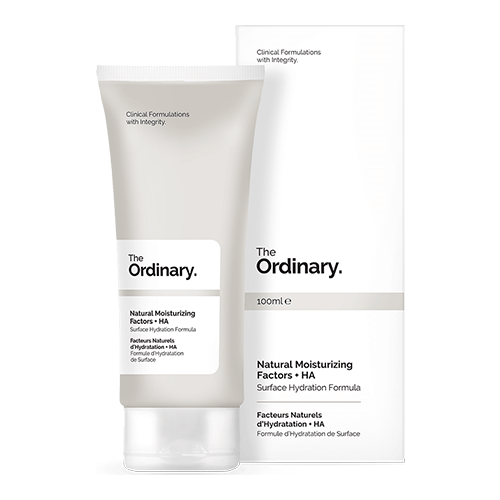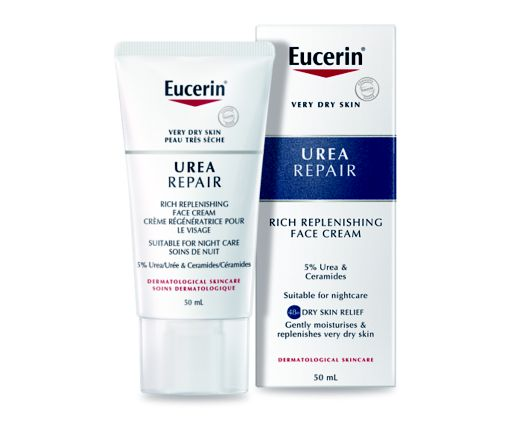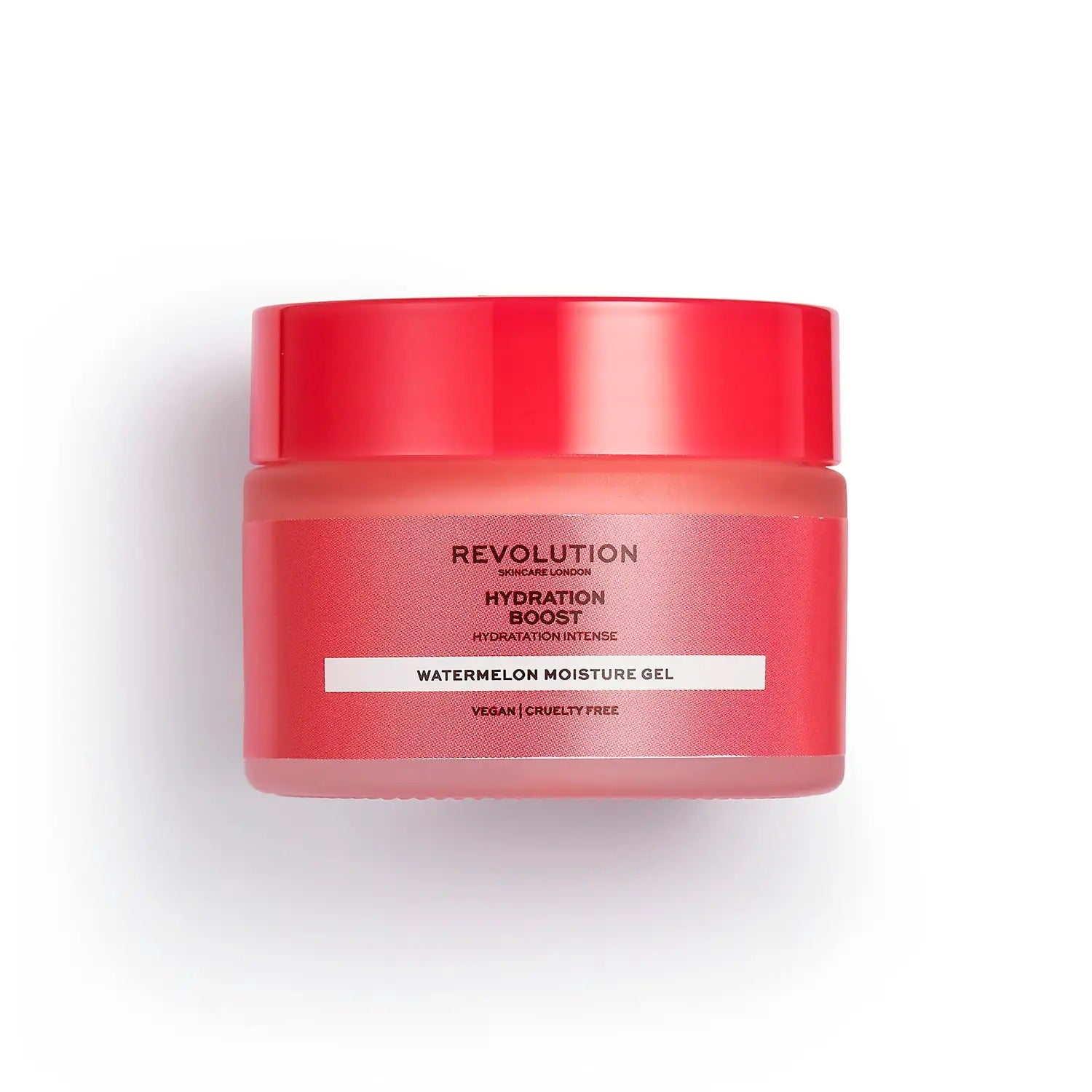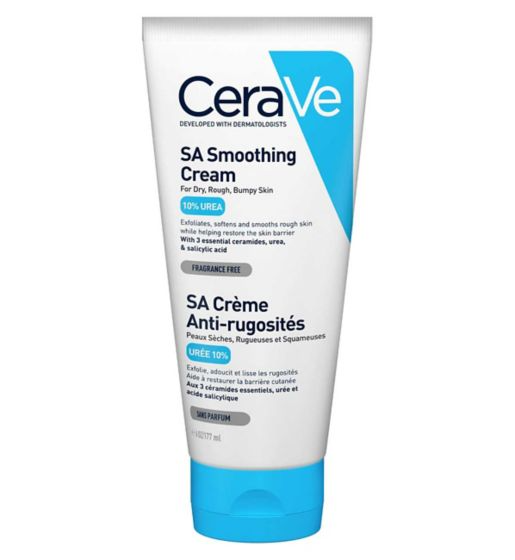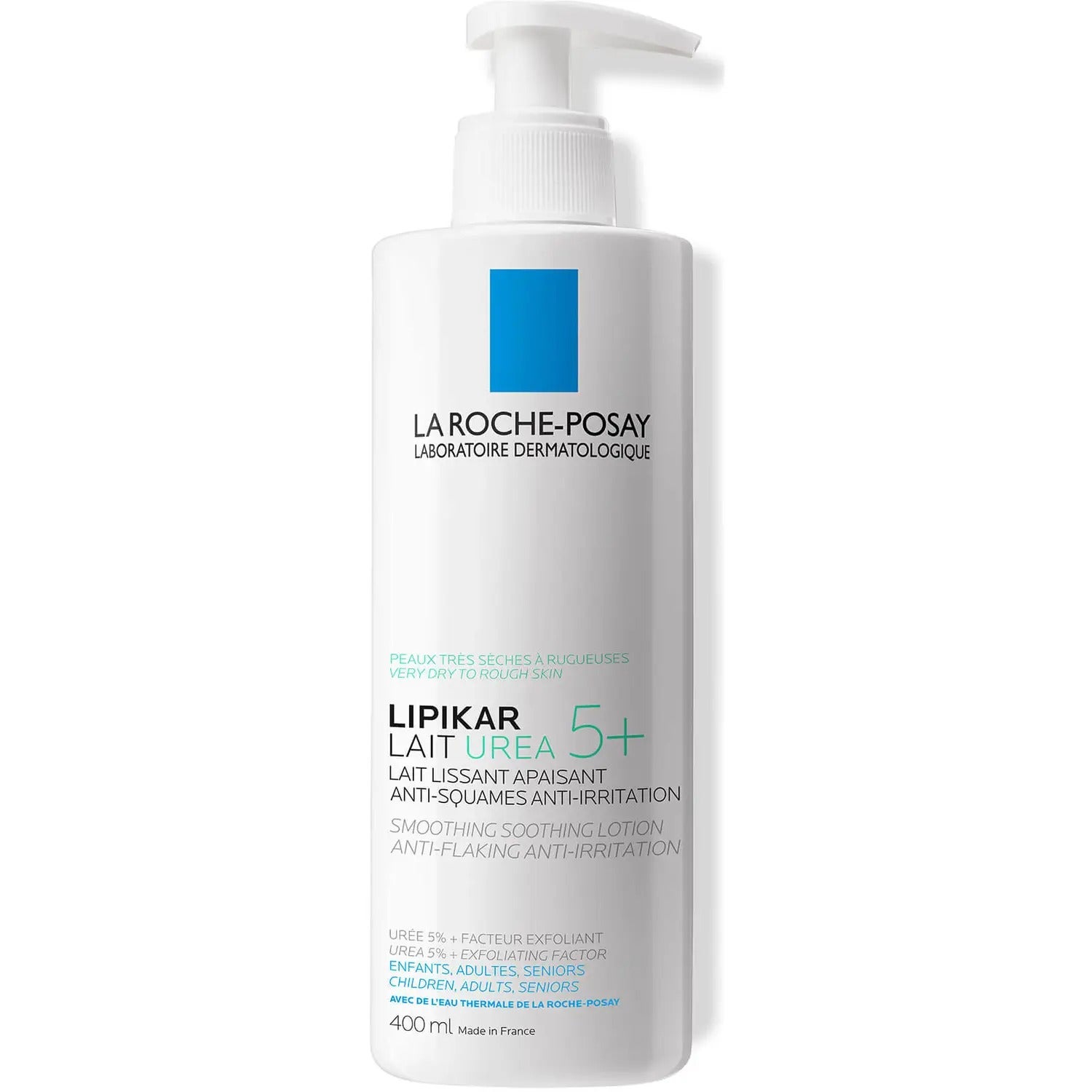Forget Hyaluronic Acid. A Good Moisturiser Needs This Glowy Ingredient
Photographed by Sarah Harry-Isaacs.
From squalane to polyglutamic acid, there are so many buzzy skincare ingredients out there, you'd be forgiven for not knowing where to begin. Some exfoliate, others protect and a handful provide a quick-fix glow, but one thing all skin needs is around-the-clock moisture.
Your skin's moisture levels tend to fluctuate regardless of the time of year. In the winter, cold weather and amping up the heater are obvious contributing factors to dry skin. And come spring and summertime, the sun certainly isn't doing anyone any favours.
When looking for the ultimate moisturiser that soothes, smooths and safeguards skin, you might gravitate to ingredients like hydrating hyaluronic acid or skin-quenching glycerin. But there's only one which dermatologists, beauty brands and skincare-obsessed TikTokers alike are championing right now.
AdvertisementADVERTISEMENT
Enter: urea.
Okay, so it doesn't sound cute or particularly glamorous. But in spite of the dubious name, urea might just be the difference between tight, flaky, rough skin and skin that looks and feels healthy this summer. In fact, dermatologists everywhere are wondering why it doesn't get enough attention.
At Refinery29 Australia, we’re here to help you navigate this overwhelming world of stuff. All of our picks are independently selected and curated by the editorial team, but we may earn commission or other compensation from the links on this page.
What is urea and where does it come from?
"Urea is part of the natural moisturising factor produced by our skin," explains Dr Derrick Phillips, consultant dermatologist. This means it's already found in the skin. Alongside other ingredients naturally created by our bodies (like hyaluronic acid and glycerin), urea keeps skin hydrated and protected. That said, it's not uncommon for us to run low on these healthy skin building blocks. Cue dryness, irritation and dehydration.
What are the skincare benefits of urea?
Urea is a humectant, says Dr Usman Qureshi, aesthetic doctor and founder of Luxe Skin, so it absorbs moisture from the environment and draws it to the skin like a magnet. Properly moisturised skin tends to appear plumper, smoother and has a glow to it. "In addition, urea is an emollient," says Dr Phillips, "so it softens and smooths the skin." In fact it's something of an all-rounder. Dr Phillips adds that urea products with a concentration higher than 20% also have an exfoliating action.
AdvertisementADVERTISEMENT
While the ingredient arguably isn't as beloved as hyaluronic acid or vitamin C, Dr Phillips says urea is widely used in all kinds of skincare products, including facial moisturisers, cleansers, eye creams, foundations and even shampoo and conditioner. Usually, the concentration is relatively low (unless the label states otherwise), so it's more moisturising for the skin.
What is the difference between hyaluronic acid and urea?
A lot of skincare products that boast urea also contain hyaluronic acid. Neither one is better than the other, as they both have their benefits. But while hyaluronic acid infuses the skin with intense hydration, urea locks the moisture into the skin, says Dr Qureshi. That makes them a dream team for skin prone to feeling tight, flaky and appearing dull or ashy. "Another benefit of these two ultra-hydrating ingredients is that they are naturally occurring in our bodies," says Dr Phillips, which makes them very non-irritating and safe for use with all skin types.
How do you use skincare products with urea — and are there any side effects?
Urea is safe to be used in the morning as well as in the evening. It's important to note, though, that urea may enhance the absorption of some of the other ingredients in the product you're using, says Dr Phillips. "If you're sensitive to a particular ingredient, urea may make your reaction worse."
AdvertisementADVERTISEMENT
In some cases, says Dr Qureshi, urea may cause mild skin irritation and symptoms like stinging, itching or burning. For those with sensitive or reactive skin, it's a good idea to patch-test any new skincare products. You can do this by applying a very small amount inside your elbow or behind your ear and covering with a plaster. If your skin appears red, itchy or irritated, you might want to give it a miss.
What are the best moisturisers with urea?
As Dr Phillips mentioned, urea is found in lots of cosmetics, from makeup to haircare. But it's arguably most popular in skincare, including facial moisturiser and body lotion.
The best face moisturisers with urea
One of the most popular and affordable moisturisers to feature urea is The Ordinary's Natural Moisturising Factors + HA. The texture is substantial but it sinks into skin fast and doesn't leave behind a tacky, greasy residue. It makes skin soft, smooth and plump over time and as it's non-comedogenic, it's a great option for those prone to oiliness and breakouts.
Eucerin's Dry Skin Replenishing Face Cream combines moisturising urea and glycerin to treat dry, tight skin. It isn't at all thick, cloying or shiny so it can be used in the summer months. If you want something a little more lightweight, try Revolution Skincare Hydration Boost Moisture Gel with Watermelon. It glides on and makes skin feel soft and supple.
AdvertisementADVERTISEMENT
@drzainhusain Got rough skin? Try urea! #skincare #moisturizer #dermatologist #fyp ♬ original sound - drzainhusain
The best body moisturisers with urea
Dr Qureshi recommends CeraVe's SA Smoothing Cream with Salicylic Acid, which he says is an excellent product for exfoliating and moisturising skin at the same time. It's why plenty of people with keratosis pilaris (KP) otherwise known as 'chicken skin' (bumpy skin texture) swear by it. Also try La Roche-Posay Lipikar Lait Urea 5, if you have a dry, rough skin texture.
Want more? Get Refinery29 Australia’s best stories delivered to your inbox each week. Sign up here!
AdvertisementADVERTISEMENT







